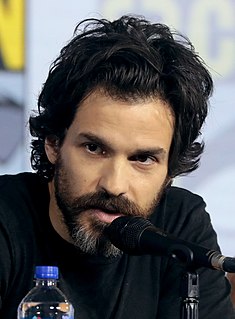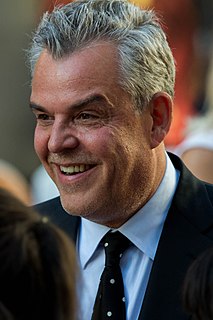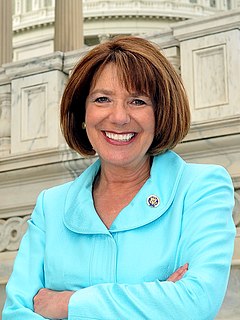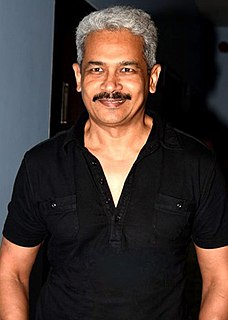A Quote by Charlie Hunnam
I don't just look at things as an actor. I've also written several films, so I look at it as a storyteller and I know if something worked and should have been in there for the benefit of the story and the benefit of the character.
Related Quotes
I think the benefit of being a writer is that I'm looking for the subtext on the page, because all good writing has subtext. And as a writer, you look at the big scope of things, the big story, rather than just your individual story line, because I think it's important to know what you're in and how you fit into it.
If you're a certain type of actor, then eventually stepping into a director's shoes is a natural transition. I've always been the actor who's very focused on the narrative, where my character is in the story, and how I can benefit the story. I've always had a technical aspect of what the lens is, how the camera is going to move, how I can feed the information the director applies within that move. If you're that type of actor, narrative-based, technically proficient, the next step is actually not that far.
Frankly, I get much more sensitive about what's written about me than how I look in a photo. I'm so used to people seeing my image in plays and films that what they think about how I look is none of my business. If they says, "Hey, he doesn't look good," I'm like, Whatever, because I know I look different from day to day. But if you're up there putting your heart into something and people reject your performance, that's very painful. The written word can kick your ass.
Working with Robert, Robert [Elswit] is a storyteller. He's not a cinematographer, he's a storyteller. And to me, that's the graduation I hope to get to in my profession. That I'm not just an actor, I'm a storyteller. And I think that takes a long time in, when you have one job on a movie set. Makeup artists, actor, whatever. To graduate from just that to storyteller.
The true test is, whether the object be of a local character, and local use; or, whether it be of general benefit to the states. If it be purely local, congress cannot constitutionally appropriate money for the object. But, if the benefit be general, it matters not, whether in point of locality it be in one state, or several; whether it be of large, or of small extent.




































